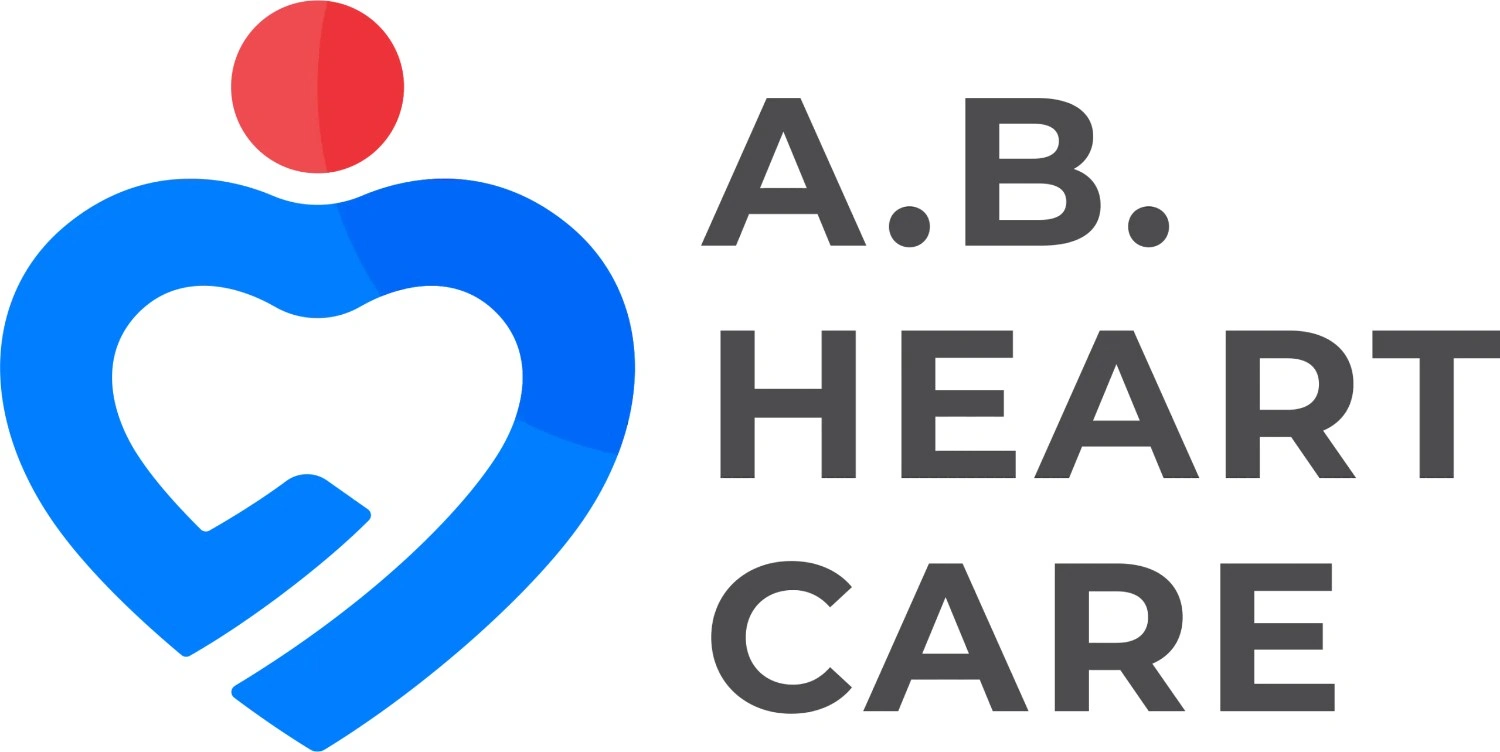A cardiac surgeon, also known as a cardiothoracic surgeon, is a skillful medical professional specializing in surgical procedures related to the heart, blood vessels, as well as structures within the chest. These surgeons diagnose and treat various heart conditions, such as
- coronary artery disease
- valve disorders
- congenital heart defects
- heart failure
- aortic aneurysms.
Cardiac surgeons perform complex surgeries to address these conditions. These methods are require careful precision and expertise to ensure successful results.
How To Become A Cardiac Surgeon
To become a cardiac surgeon, individuals undergo extensive training as well as education.
They complete several years of medical school, followed by a residency program in general surgery, and then specialty training in cardiothoracic surgery.
This rigorous training equips them with the necessary skills and knowledge to perform life-saving procedures on the heart as well as related structures.
Who Need Cardiac Surgeon
Cardiac surgeons are needed for patients who have complex or severe cardiac conditions that require surgical intervention. Various individuals can benefit from the expertise of a cardiac surgeon, including:
- Patients with Coronary Artery Disease (CAD): CAD occurs when the blood vessels that supply the heart become narrowed or blocked. Cardiac surgeons perform procedures such as coronary artery bypass grafting (CABG) to restore blood flow to the heart muscle. Individuals with heart valve disorders: Heart valve problems, such as valve stenosis or regurgitation, may require surgical repair or replacement. Cardiac surgeons use techniques to repair or replace malfunctioning valves, thereby improving heart function.
- Children and adults with congenital heart defects: Cardiac surgeons specialize in correcting structural abnormalities of the heart that are present at birth. They perform complex surgeries to repair or reconstruct the heart, giving children and adults a chance at a healthy life.
- Heart failure patients: In cases of severe heart failure, where medical management is no longer effective, heart transplantation may be an option. This process includes the selection of donor heart and the actual transplant surgery.
- Individuals with aortic aneurysm: Aortic aneurysms are bulges in the walls of the aorta, the main artery that carries blood away from the heart. If the aneurysm poses a risk of rupture, cardiac surgeons perform surgery to repair or replace the affected segment, thereby reducing the risk of life-threatening complications.
How A Cardiac Surgeon Perform Surgery
During a cardiac surgery, a cardiac surgeon follows a well-defined process to ensure a successful procedure. Here’s a simplified overview of how a cardiac surgeon performs surgery:
- Anesthesia: The patient is administered general anesthesia to induce a deep sleep and ensure they are pain-free and unaware during the surgery.
- Incision: The surgeon makes an incision in the appropriate location, typically in the chest, to access the heart and surrounding structures.
- Cardiopulmonary Bypass (CPB): The surgeon connects the patient to a heart-lung machine, which temporarily takes over the functions of the heart and lungs. The machine oxygenates and circulates the blood while the surgeon works on the heart.
- Surgery: The surgeon performs the necessary procedure based on the specific cardiac condition. This may involve bypassing blocked arteries, repairing or replacing heart valves, correcting structural defects, or other intricate surgeries.
- Closing Incisions: Once the surgery is complete, the surgeon carefully closes the incisions using sutures or staples.
- Postoperative Care: The patient is transferred to the intensive care unit (ICU) or a specialized cardiac recovery unit for close monitoring. The surgical team ensures the patient’s stability, manages pain, and monitors vital signs.
How Much Does It Cost
Cardiac surgery costs in Indian rupees may vary depending on factors such as the specific procedure, complexity, location, hospital, and individual circumstances. Cardiac surgery is generally expensive due to the expertise, resources, and technology involved. In India, the cost of cardiac surgery can range from 2 to 6 lakhs (1 lakh = 100,000 rupees). It is advised to consult with the healthcare provider or the billing department of the hospital to get an accurate cost estimate for the specific procedure and location. It is also important to check with insurance providers to understand coverage and possible out-of-pocket costs. Abheartcare provides the best service at a minimal cost. Dr. Ashwani Bansal is a renowned cardiologist surgeon in Chandigarh.
Conclusion
In conclusion, Cardiac surgeons play a vital role in treating complex cardiac conditions and performing life-saving surgeries. This improves the quality life of a patients.
With extensive training and experience, cardiac surgeons are equipped to perform complex procedures such as bypass grafting, valve repair or replacement, and correction of congenital defects. They work closely with other health professionals to provide comprehensive care during a surgical procedure. While the cost of cardiac surgery can vary, the benefits are invaluable in terms of improved cardiac health and extended life expectancy. Cardiac surgeons continue to make important contributions to the field of cardiac medicine, providing hope and healing to patients facing serious heart conditions.
